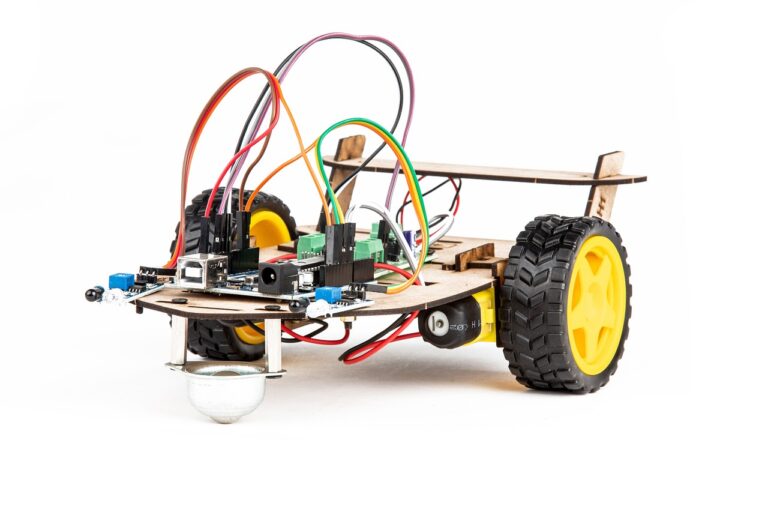Strategies for Teaching Social Justice in Schools
Social justice education is crucial in schools as it fosters awareness and understanding of various social issues such as discrimination, inequality, and systemic oppression. Through this educational approach, students are encouraged to critically analyze societal norms and structures, ultimately empowering them to challenge injustice and advocate for change within their communities. By incorporating social justice education into the curriculum, schools play a fundamental role in nurturing compassionate and socially responsible citizens who actively contribute to building a more equitable and inclusive society.
Moreover, social justice education helps students develop empathy and respect for diverse perspectives and experiences. By learning about privilege and oppression, students gain a deeper insight into the complexities of intersectionality and how different identities intersect to shape individuals’ experiences and opportunities. This awareness not only promotes a culture of tolerance and acceptance but also equips students with the skills needed to navigate and address intergroup conflicts and promote unity and understanding among their peers. Ultimately, by integrating social justice education into schools, we are laying the foundation for a more equitable and harmonious future for all individuals.
Understanding Privilege and Oppression
Privilege refers to the unearned advantages and benefits that individuals receive based on their membership in a particular social group. This can manifest in various forms such as access to resources, opportunities, and power that are not equally available to everyone. Recognizing one’s privilege is crucial in understanding how societal structures contribute to inequality and oppression.
Oppression, on the other hand, refers to the systematic and pervasive discrimination faced by marginalized groups based on their identities. This can include but is not limited to discrimination based on race, gender, sexual orientation, religion, disability, or socioeconomic status. Understanding oppression involves acknowledging the ways in which systems and institutions perpetuate barriers to equality and limit the opportunities and resources available to certain groups.
Creating Inclusive Classroom Environments
To promote inclusive classroom environments, educators must actively work towards understanding and addressing the diverse needs of all students. This involves embracing different perspectives, backgrounds, and experiences within the learning space. By fostering a culture of respect and empathy, teachers can create an atmosphere where every student feels valued and accepted regardless of their identity.
It is essential for educators to recognize their own biases and privilege in order to create a truly inclusive classroom. By acknowledging and challenging oppressive systems and behaviors, teachers can model critical thinking and social responsibility for their students. Through open dialogue and ongoing reflection, classrooms can become spaces where all individuals feel empowered to express themselves freely and engage in meaningful discussions without fear of judgment or discrimination.
Why is social justice education important in schools?
Social justice education is important in schools because it helps students understand and address issues of privilege and oppression, promotes empathy and understanding, and creates more inclusive and equitable classroom environments.
What is privilege and oppression?
Privilege refers to the societal advantages and benefits that certain groups of people have based on their identity, while oppression refers to the systemic barriers and discrimination faced by marginalized groups. Understanding privilege and oppression is crucial in creating more inclusive classroom environments.
How can educators create inclusive classroom environments?
Educators can create inclusive classroom environments by promoting diversity and representation in their curriculum, fostering open and respectful dialogue about social justice issues, and implementing inclusive teaching practices that value all students’ experiences and perspectives.
What are some strategies for addressing privilege and oppression in the classroom?
Some strategies for addressing privilege and oppression in the classroom include promoting critical thinking and reflection on power dynamics, creating safe spaces for marginalized groups to share their experiences, and challenging stereotypes and biases through education and awareness.







